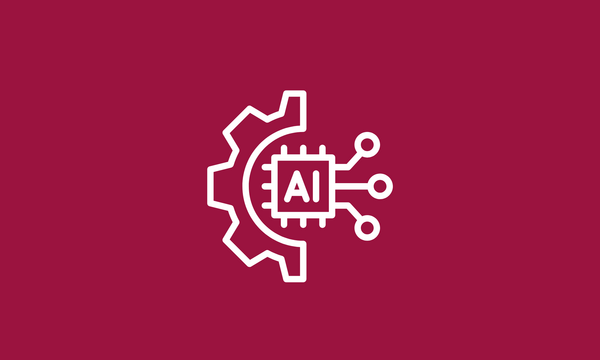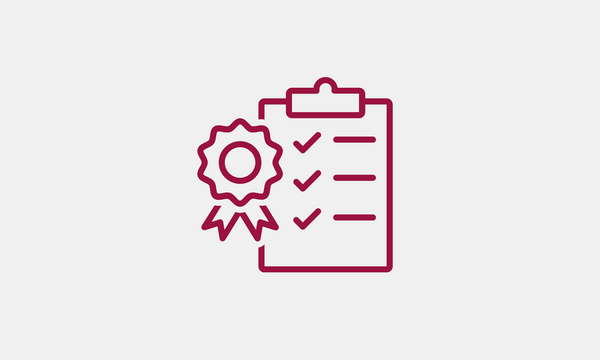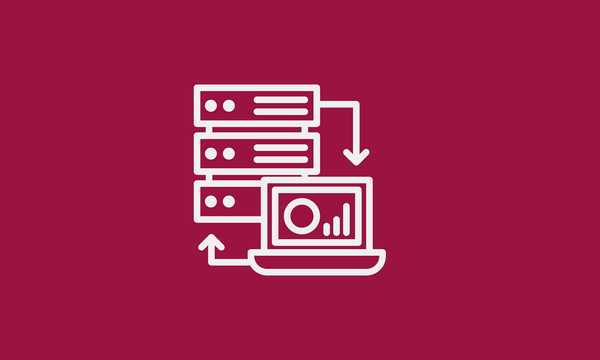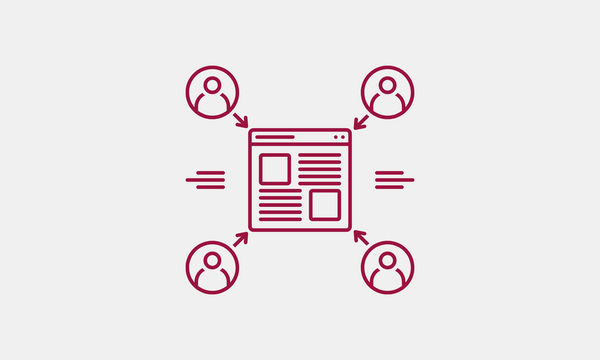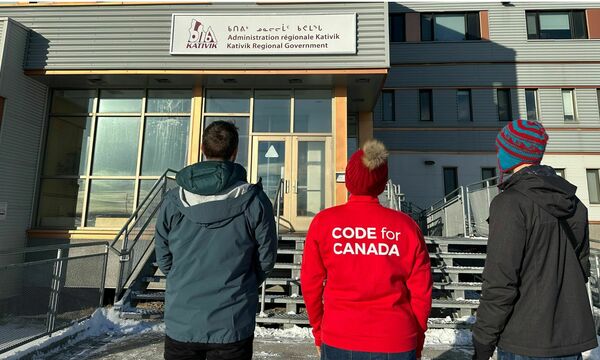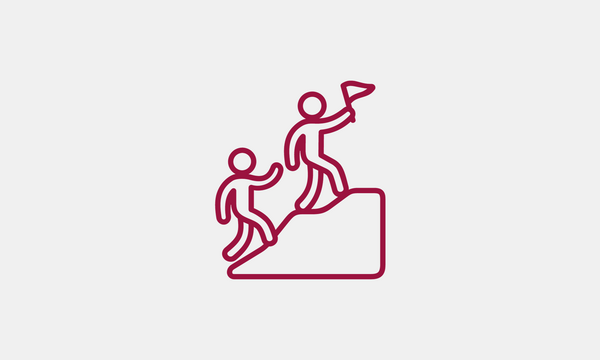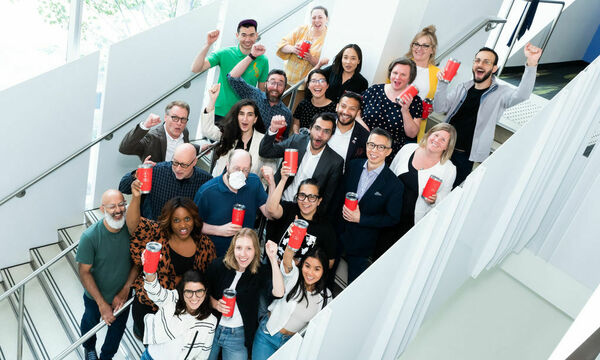Digging into data at Civic Hall Toronto
Jason Farra
August 21, 2019

Data is a term that gets thrown around quite often in our work — especially as it becomes more prominent in our daily lives.
Since we started Civic Hall Toronto, “data” has come up time and again in conversations with our government members. They have consistently highlighted it as a topic that they want to learn more about.
Of course, data science is complex — and the role of data in government decision-making even more so.
To help our members learn about such a broad topic, we hosted a series of events exploring data from different angles, featuring experts from both inside and outside government.
This was Civic Hall Toronto’s first themed series of events, and frankly, it was a big success! Not only were the sessions well-received by our members, but we also ended the series with a public discussion that was one of our largest events yet.
We learned a lot from the cross-sector conversations about data that happened at these events. We’ve shared some of these learnings below, with the hope of encouraging more and better leveraging of data for the public interest across Toronto.
Data isn’t just for the experts

We kicked off the series with a Data 101 coffee hour in March. Alex Chen, from the provincial Ministry of Community Safety and Correctional Services, led the event with an overview of working with data in a government environment.
While there’s a lot of enthusiasm in government for working with data, the knowledge on how to actually do it — and do it well — can be harder to find. As many people in the room highlighted, this isn’t because it doesn’t exist. Rather, it’s because this expertise is often hidden away in silos that are inaccessible to those who aren’t as knowledgeable in working with data.
While not all public servants need to be data experts, being familiar with how data works ensures they can communicate with the people who areexperts. Increasing data literacy across government can help to break down those silos and ensure public servants can get the information they need to help make important decisions.
That’s why we’ve launched a new training workshop for our members, focused on the basics of working with data in a government environment. There are also several resources online to help public servants learn more about data, which you can find at the bottom of this post.
Data is not neutral

We continued the series with an event on data visualization and storytelling, featuring Tamara Augsten and Lorraine Chuen.
Tamara, from Toronto Children’s Services, showed how visualizations and dashboards are important tools in communicating the key conclusions from data to inform decision-making. She works on the Raising the Village project, which presents information on the well-being of Toronto’s children and families.
“Storytelling is useful for rallying people around a specific narrative.” — Tamara Augsten
On the other hand, Lorraine discussed some significant, but oft-ignored, considerations when working with data. Data is commonly seen as neutral and free of bias, but Lorraine pointed to several cases that prove otherwise.
For example, the Canadian Census has been found to undercount Toronto’s Indigenous population by two to four times.
Lorraine also highlighted the power dynamics embedded within data-related processes and how a feminist framework or design justice principlescould be applied to this work.
As people developing policies and programs that can have a major impact on residents’ lives, public servants — especially those working with vulnerable and marginalized groups — have a responsibility to consider the benefits and harms of the data they’re working with.
Thankfully, there are resources available to help support public servants through this process. Two community groups in Detroit created a set of guidelines for equitable open data practices. North of the border, the First Nations Information Governance Centre has developed the OCAP principles— “a set of standards that establish how First Nations data should be collected, protected, used, or shared.”
Government has a different role when it comes to data

“Privacy is part of your core values and responsibilities as a civil servant,” said John Searle, a data privacy expert at the City of Toronto and the speaker for our Data Privacy and Access coffee hour.
John emphasized how, when it comes to data, government has a very different role and set of responsibilities than the private sector. Whereas private companies base their business models on having ownership of data, data collected by the public sector is held in stewardship.
As a result, government has higher standards to meet regarding data ethics and transparency. It has to protect residents’ personal information, while also opening up as much non-sensitive data to the public as possible.
“Privacy is about protecting people, it is not about keeping information back,” John said. “Data is powerful and you have to put an ethical framework around it.”
Opening up the conversation

Staying true to our mission of enabling learning and relationship-building across sectors, we ended the event series by opening the discussion to our wider community with a public salon.
We wanted to showcase private, non-profit and public sector initiatives that are using data to help make Toronto a better place to live. We were also hoping to dispel the misconception that government isn’t using data in innovative ways.
The discussion (both in-person and online) covered a range of topics — from using data insights to inform policy-making to building data literacy among the general public.
We were blown away by interest in the event (we had to change venues twice in order to accommodate the number of guests!), which showed us that there is plenty of appetite beyond government to discuss data — and other topics related to tech and design.
While we’ve concluded the event series, we look forward to running more events like this one and continuing to advance digital literacy in Toronto.
Thank you to everyone who participated in our series of events on data! Stay tuned for info on our next series in the fall on resident engagement.
Some more resources
If you’d like to learn more about data yourself, here are some helpful resources we’ve gathered over the past few months:

Civic Hall Toronto is a non-profit program that enables government innovators, entrepreneurs, technologists and residents to share, learn and build solutions together.
To learn more about membership, events, and other programs, visit civichallto.ca.




